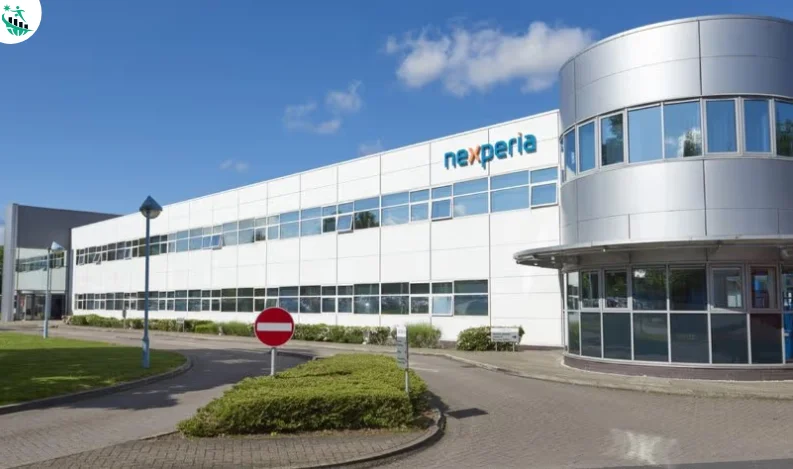
Nexperia Chip Dispute Threatens Global Auto Supply Chain
Amsterdam: The global auto industry is facing a potential supply crisis after the Netherlands-based chipmaker Nexperia became caught in a dispute between the European Union, the United States, and China.
The Dutch government seized control of Nexperia, which is owned by China’s Wingtech Technology, in October citing national security concerns. Beijing retaliated by blocking exports of Nexperia-made chips from China, disrupting supplies of critical components used in cars.
Talks are underway in Europe to ease tensions, while U.S. and Chinese authorities are reportedly working on a framework that would allow Nexperia’s China-based factories to resume partial exports.
For now, carmakers including Volkswagen, Nissan, and Mercedes-Benz have warned of possible production cuts due to looming shortages. The chips in question are small but essential parts, such as transistors, diodes, and power controllers, used in braking systems, airbags, and vehicle electronics.
Nexperia produces billions of these foundation chips each year, with around 70% of Dutch-made semiconductors sent to China for assembly and re-export. The company recorded $2 billion in revenue last year.
In September, the Dutch government invoked an emergency law to take control of the company and suspended its CEO, Zhang Xuezhen, amid fears of intellectual property transfer. The move escalated tensions with Beijing, which later imposed export restrictions on certain Nexperia products.
On Friday, reports indicated that Washington and Beijing had reached a preliminary agreement during talks between U.S. President Donald Trump and Chinese President Xi Jinping, paving the way for limited shipments to resume.
China’s Commerce Ministry said on Saturday that it would “exempt eligible exports” from its restrictions, though it did not specify which products would be included.
If implemented, the exemptions could temporarily stabilize the auto supply chain. However, the broader dispute over ownership rights, technology control, and security oversight remains unresolved.



Recent Comments:
No comments yet.